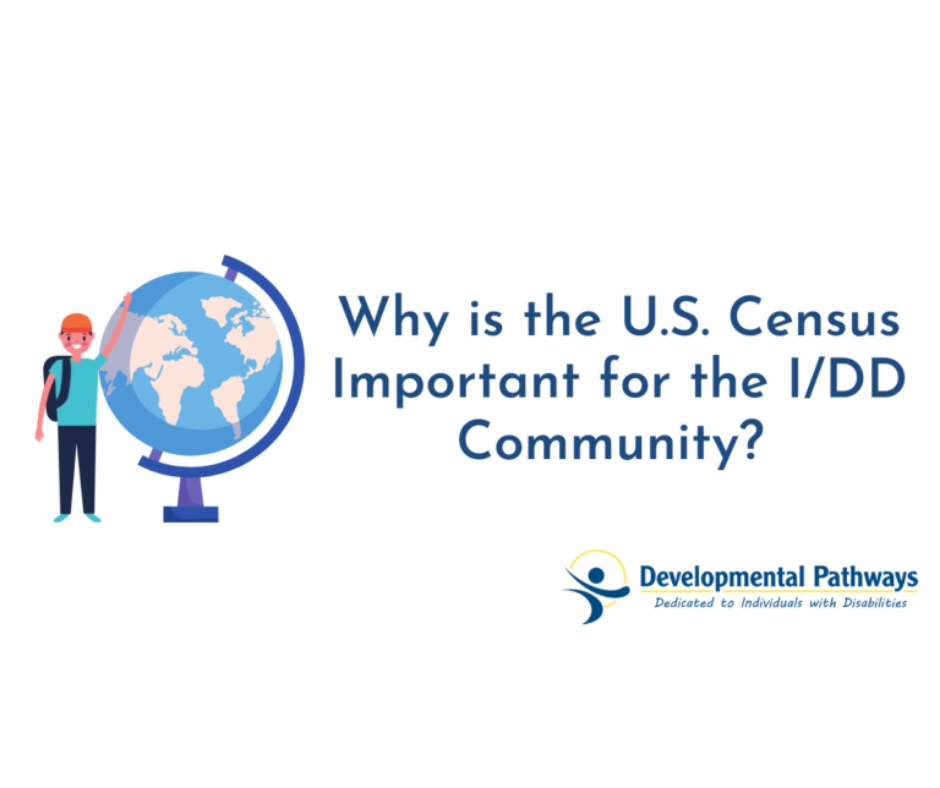Written by Kim Tenure, Associate Director of I/DD Policy
The United States Constitution requires the government to conduct the U.S. Census every ten years. While some people may see the Census as a minor inconvenience, it is vital for states and communities across the country to count everyone, and we want all Coloradans to be counted!
The Census looks at the big picture or aggregate data, meaning it is not reporting on specific answers; instead, it is looking at the results and trends in communities. The data collected informs decisions at the federal, state, and local levels of government and impacts district lines and funding for Medicaid programs, schools, hospitals, housing, and more. For example, with the extensive growth in Colorado since the 2010 Census, the data collected in 2020 could have significant impacts for residents, such as potentially adding another congressional seat.
People with disabilities are identified as a hard to count population and are more likely to be inaccurately reported. Since many people with disabilities rely on supports funded by or allocated based on Census data, we need to work together to ensure an accurate count!
The Census is a point-in-time survey, which means that all questions will ask about everyone living in your home on April 1, 2020 (aka Census Day).
They will also ask questions about the individuals, like:
- Name
- Sex
- Date of birth
- Race/ Ethnicity/ Origin
The Census survey takes 10-15 minutes to fill out, and the information gathered is confidential. There are NO questions about citizenship. This year there is the option to complete it by phone, mail, or online. Due to the COVID-10 public health crisis, some in-person operations have been delayed for safety reasons.
The Census survey will never ask you for your social security number, passwords, or bank account information. Click here for more details on the questions.
The COVID-19 pandemic may cause some confusion when determining who lived in your house on April 1, 2020. For example, if your loved one usually lives in a group home or other residential option, but they lived with you on 4/1/2020 due to the pandemic, count them in your household. Please reference this webpage for guidance on who to count before completing your Census.
In Colorado, many organizations are working on generating awareness about the importance of counting all people who have disabilities in the 2020 Census. The Arc of Aurora and the Colorado Cross-Disability Coalition (CCDC) partnered with the Census to create videos informing and addressing Census participation by people with disabilities.
At a later date, the Census data is made public. Reviewing the results is an excellent opportunity to learn about your community. During these challenging and unprecedented times, it’s easy to feel anxious, overwhelmed, and helpless. Filling out your U.S. Census survey is a quick way to support your community and state today!

